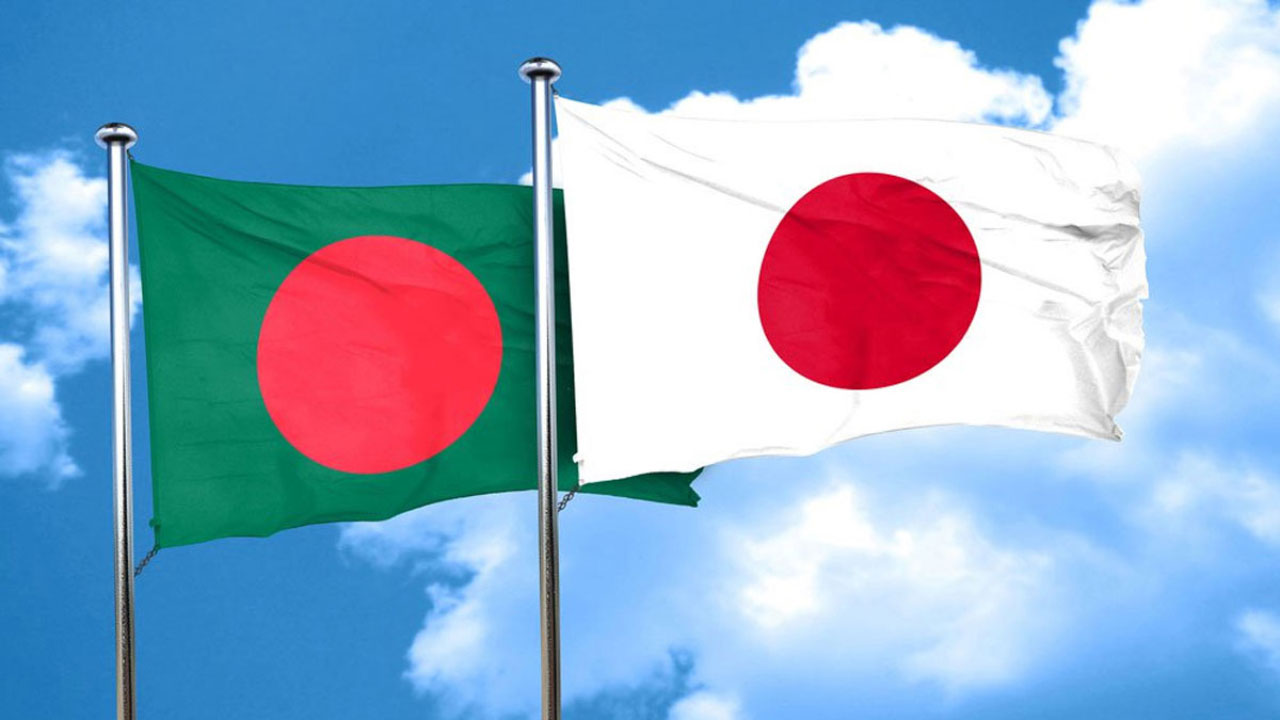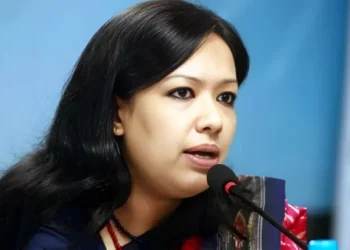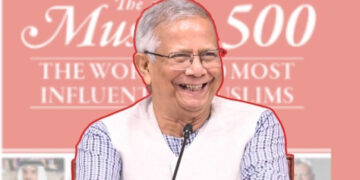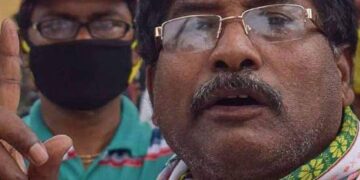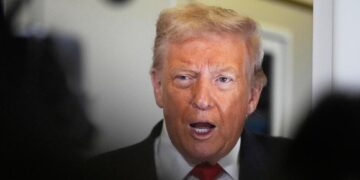Dr. Muhammad Yunus Japan Visit is not just another diplomatic event. It’s a high-stakes mission aimed at reshaping Bangladesh’s position in the global economy and diplomacy.
As the Chief Advisor of the interim government, Dr. Yunus will leave for Tokyo on the night of May 27, stepping into a multifaceted engagement with one of Asia’s most powerful economies. His agenda includes strengthening bilateral relations, unlocking massive budget support, and building a new path for strategic partnerships.
Background and Objectives of Dr. Muhammad Yunus Japan Visit
A central purpose of his visit is to attend the prestigious Nikkei Forum on May 29 in Japan’s capital. This is a high-level international economic conference where global leaders gather to discuss economic trends, technology, trade, and sustainable development. Dr. Yunus is expected to highlight opportunities for investment in Bangladesh, the export of skilled human resources, and the need for deeper bilateral relations.
On May 30, he is scheduled to meet with Japanese Prime Minister Shigeru Ishiba. This bilateral meeting could lead to the signing of five major agreements or memorandums of understanding. These potential agreements include cooperation in defense, investment in the energy sector, partnerships in economic zones, capacity building for Bangladesh’s investment development authority, and manpower export.
Expected Outcomes and Economic Significance
One of the most anticipated aspects of this visit is the possible announcement of one billion US dollars in budgetary support from the Japanese government to Bangladesh. At a time when the country is facing economic pressures, such support could significantly contribute to macroeconomic stability. If realized, this would become one of the largest foreign budget assistance packages Bangladesh has received in recent times.
Dr. Yunus will also meet separately with officials from Japan’s JICA (Japan International Cooperation Agency), JETRO (Japan External Trade Organization), and the Ministry of Foreign Affairs. These meetings will focus on easing loan conditions, extending repayment periods, and exploring opportunities for new development projects.
High-Level Meetings and Agreements
One of the highlights of Dr. Muhammad Yunus Japan Visit will be his bilateral meeting with Japanese Prime Minister Shigeru Ishiba on May 30. There is a strong possibility that five major agreements will be signed during this meeting. These may include:
-
Defense cooperation initiatives
-
Investment in Bangladesh’s energy sector
-
Strategic partnerships in special economic zones
-
Strengthening the Investment Development Authority (BIDA)
-
Facilitating the export of skilled manpower to Japan
Each of these areas is vital for Bangladesh’s development ambitions, and Japan’s involvement could accelerate their realization.
Defense Cooperation and Strategic Importance
The visit may also include the signing of a defense cooperation agreement. While this is not yet finalized, both countries are actively discussing the matter. This agreement could include collaboration in defense equipment, technology transfer, and training programs. If signed, it would mark the first formal defense partnership between Bangladesh and Japan.
There is a strategic dimension to this as well. In the broader Indo-Pacific context, such cooperation could balance growing regional influences, particularly from China, and promote joint efforts in Indian Ocean security.
Human Resource Export and Economic Zones
A major point of discussion will be the export of skilled human resources, specially nurses and caregivers from Bangladesh to Japan. With an aging population, Japan faces a growing demand for professionals in these sectors. Bangladesh aims to seize this opportunity and position itself as a reliable source of trained workers.
Read More: Assam Chief Minister Claims Bangladesh Has Two ‘Chicken Necks’—More Vulnerable Than India’s
There will also be conversations around increasing Japanese investment in special economic zones in Bangladesh. Currently, a Japan-exclusive economic zone is under construction near Dhaka. Once completed, it is expected to serve as a dependable destination for Japanese businesses looking to invest in the region.
Diplomatic Response
Japan’s Ambassador to Bangladesh, Iwama Kiminori, has already expressed strong interest in the visit. He believes it will deepen bilateral ties and open new avenues for trade and development cooperation.
Several diplomats view the timing of this visit as particularly critical, given the geopolitical backdrop. Issues such as the Rohingya crisis in Myanmar, regional tensions between India and Pakistan, and the evolving Indo-Pacific security dynamics add layers of importance to Dr. Yunus’s engagements in Japan.
However, not all perspectives are fully optimistic. Former Ambassador to China, Munshi Faiz Ahmed, has raised concerns that if the new partnership aligns too closely with Western influence, particularly that of the United States, it could complicate Bangladesh’s diplomatic balance in the future.
Honorary Degree and Broader Evaluation
During the visit, Dr. Yunus will receive an honorary doctorate from Soka University in Japan. This follows a similar honor previously awarded by Peking University in China.
This marks his sixth international trip since taking office as Chief Advisor. His earlier visits include attending the UN General Assembly in New York, COP29 in Azerbaijan, the D-8 Summit in Egypt, the World Economic Forum in Davos, and official tours to China and Thailand. These journeys have earned him considerable global recognition and positioned Bangladesh as an emerging voice on the international stage.
Dr. Muhammad Yunus’s upcoming trip to Japan is more than a formal diplomatic mission. It represents a gateway to possibilities that could reshape Bangladesh’s economic future, enhance its strategic partnerships, and elevate its international standing. Through investment, development cooperation, defense ties, and people-to-people exchange, this visit may help pave the way for a stronger, more resilient, and self-reliant Bangladesh.
Share via:

